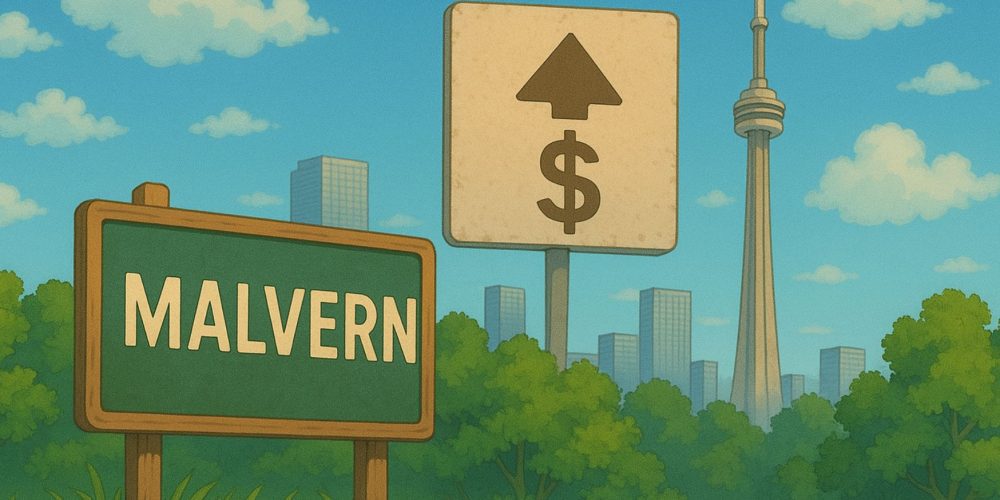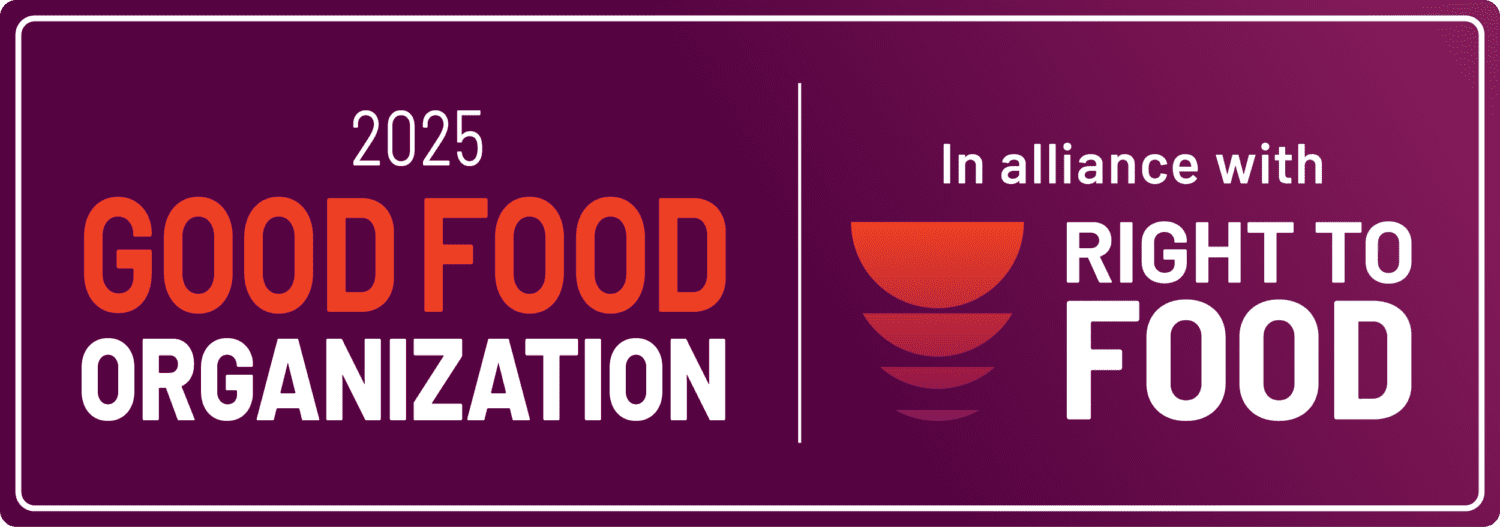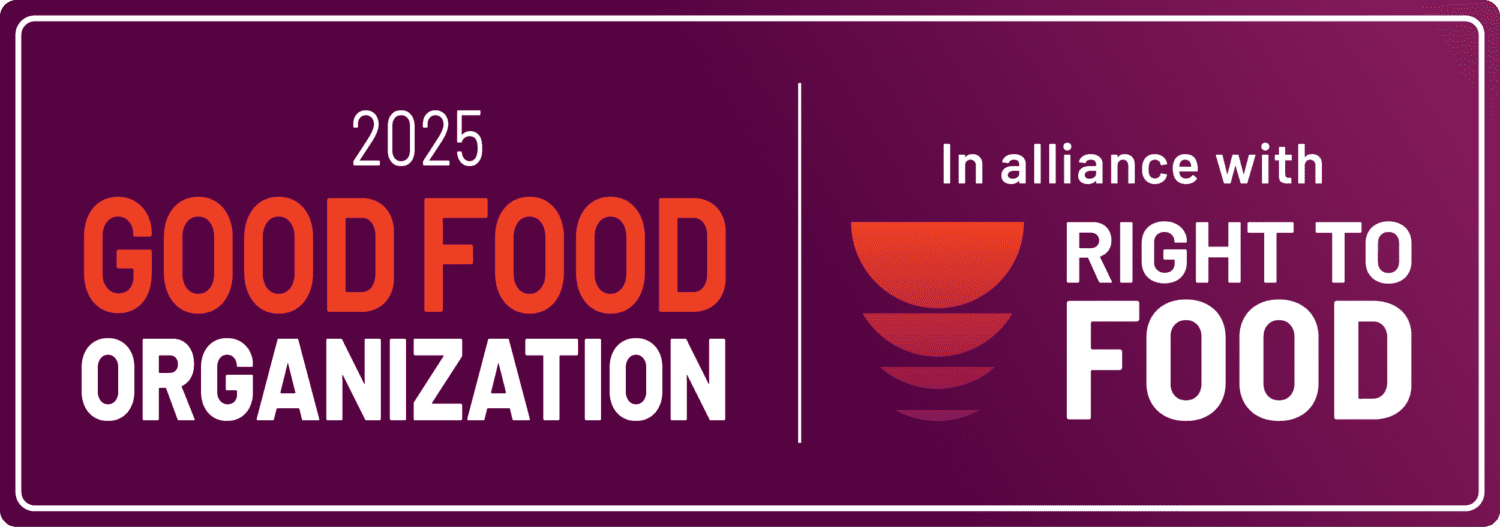
In a city as diverse and vibrant as Toronto, food should be a source of connection—not concern. Yet for many in Malvern, food insecurity is an everyday reality shaped by systemic barriers, rising costs, and policy gaps. The M-Project was born out of a need to better understand this crisis—not just through statistics, but through the voices of those who live it. Combining community mapping and storytelling, this project sheds light on the deeply personal and often invisible struggles around access to food, while advocating for tangible policy change.
Read the full report on the M-Project here.
The M-Project is a mapping and storytelling initiative focused on understanding the different ways people experience food insecurity in the Malvern community. For the mapping, data was collected through Google Maps to locate grocery stores in and around Malvern, Scarborough. The storytelling portion of the project started with listening. Through this, the following key issues were identified:
Limiting subsidies/government support programs: Social assistance rates are below the poverty line. Both Ontario Works and the Ontario Disability Support Program remove the housing component once a recipient becomes unhoused or is no longer paying rent. These are punitive policies that keep the most vulnerable in our community in acute poverty (The Daily Bread Report).
Vulnerable populations and their unique circumstances: Renters, seniors, international students, marginalized people, Indigenous people, disabled people, asylum seekers, newcomers, and under/unhoused individuals are most likely to experience hunger.
Unaffordable housing: Uncontrolled/high rent, renovictions, and a lack of support from rent-geared-to-income housing—which is often unavailable to those in need.
Income and the lack thereof: The livable wage in Toronto is $25.05/hr. Anyone earning under this amount with only 40 hours a week falls below the poverty line—or even into deep poverty.
Accessibility: Seniors and people living with disabilities noted that the distance they must travel to access grocery stores is too far.
The stories and lived experiences shared in the listening project were then articulated into six unique fictionalized narratives to highlight community struggles around food insecurity. We were careful to anonymize the stories and information shared to protect the identities of community members. Food insecurity goes beyond not having enough healthy food to eat regularly—it is a systemic issue that must be addressed with urgency. This is also a structural burden that heavily impacts marginalized and vulnerable individuals.
There are currently no government subsidies or support programs specifically targeting food insecurity for vulnerable populations. Although the City of Toronto declared food insecurity an emergency in December 2024, we have yet to see how this motion will be implemented. You can read more about this announcement here. MFRC remains committed to advocating for the implementation of this motion, alongside other organizations across the city.
A Call to Action:
- Provide feedback on Toronto’s Food Charter here
- Volunteer with Daily Bread Food Bank’s Scarborough research here
- Send your officials a letter advocating for change! Daily Bread’s Letter Community Food Centres Canada
- Check out Eat. Think. Vote.
Blog and Project by:
Shathvahi Ramesh
MFRC Team Member and Malvern Youth Advocacy and Action Program (MYAAP) Alumnus





